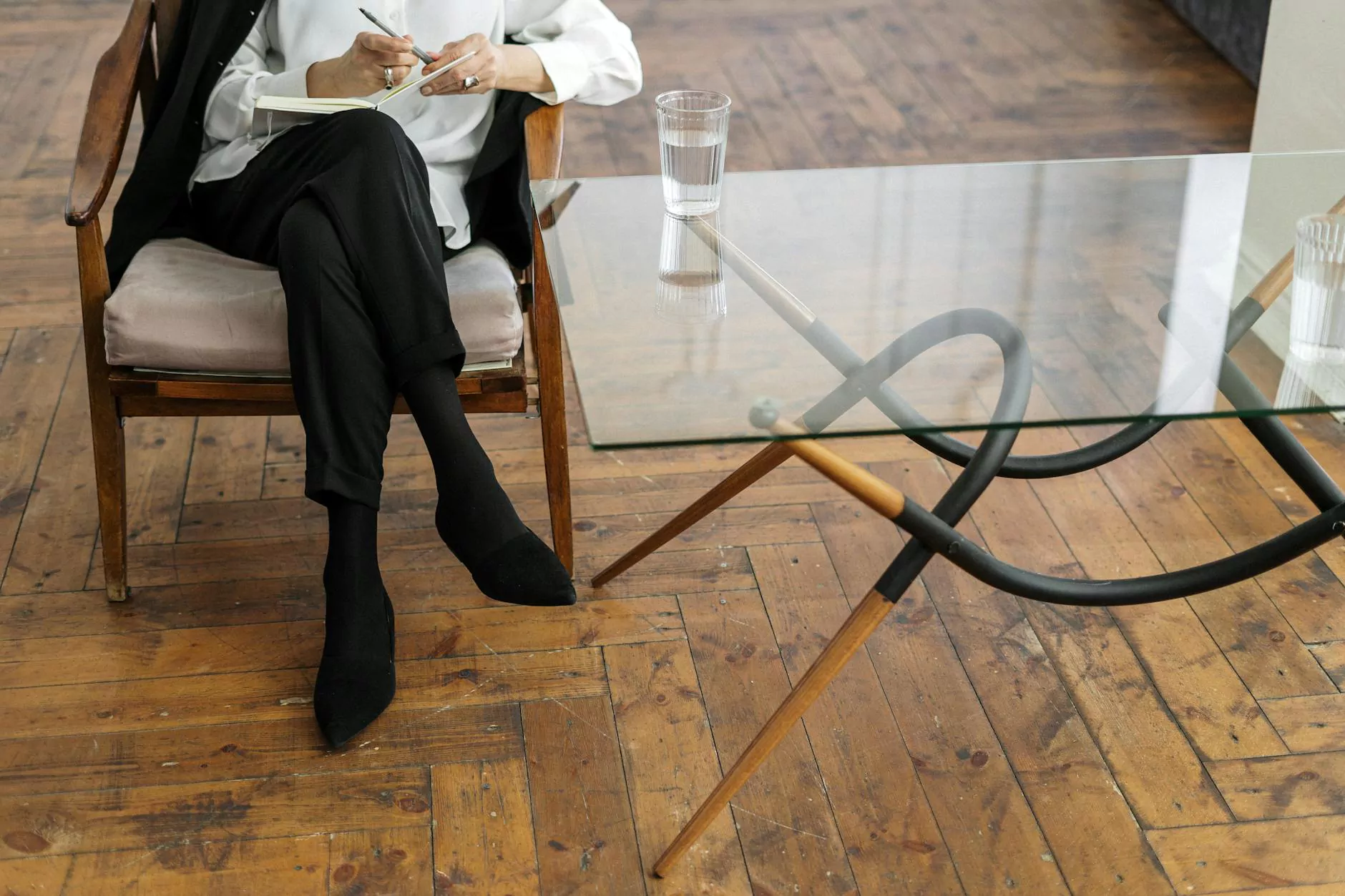I Suffered, I Learned, I Changed: Embracing the Entrepreneurial Journey

In the world of business, particularly in niches such as Home & Garden, Furniture Stores, and Home Decor, the journey often mirrors the sentiment expressed in the phrase "I suffered, I learned, I changed." This powerful mantra encapsulates the essence of growth through adversity, illustrating how challenges can lead to significant transformations both personally and professionally. In this article, we will delve into how embracing this philosophy can lead to remarkable success in the business landscape.
Understanding the Journey: "I Suffered"
Every entrepreneur's journey begins with challenges and hardships. In the realm of business, particularly in competitive fields like Home & Garden, the initial stages can be daunting. Many new business owners face numerous hurdles including financial instability, operational inefficiencies, and the constant pressure to innovate. Here’s a closer look at how to navigate these tough waters:
- Financial Challenges: Whether it’s securing funding for your furniture store or investing in seasonal decor for your home and garden business, financial hurdles can be significant. Understanding cash flow management and budgeting is crucial.
- Market Competition: The furniture and home decor markets are saturated with options. Stand out by identifying a unique selling proposition (USP) that resonates with your target audience.
- Consumer Behavior: Shifts in consumer preferences can be challenging. Maintaining adaptability and keeping abreast of trends can make all the difference.
Through these struggles, businesses often face existential questions about their purpose and direction. This suffering, while painful, serves as a foundation for growth and evolution.
From Suffering to Learning: The Transformative Power of Reflection
The second part of our phrase, "I learned," signifies the critical process of transformation through reflection and experience. Here are ways to ensure that business owners learn from their challenges:
1. Analyze Failures
Failures, though tough, provide the richest lessons. Conducting a thorough analysis of what went wrong can reveal insights that are otherwise hidden. Key steps include:
- Documenting all decisions made and the outcomes that followed.
- Soliciting feedback from customers and stakeholders.
- Setting aside time for introspection to understand emotional responses and decision-making processes.
2. Stay Educated
Knowledge is power. Enriching oneself through continuous education, workshops, and seminars relevant to Home & Garden and Home Decor can provide innovative ideas and solutions for overcoming obstacles.
3. Networking Opportunities
Engaging with fellow entrepreneurs can create a support system. Networking opens avenues to share experiences and strategies for tackling common challenges.
Change: The Final Chapter in Our Journey
Once learning establishes roots, the essential next step is "I changed." This change is where the realization of growth and adaptation comes in. Businesses that embrace change are more likely to thrive amidst adversity. Here’s how:
1. Embrace Agile Practices
Having an agile business model allows for quicker responses to market demands and shifts. In the Furniture Stores sector, this may mean adjusting product lines to fit seasonal trends faster than competitors.
2. Innovate Constantly
Innovation shouldn’t only be about product offerings. It should encompass marketing strategies, customer service practices, and operational improvements. By continually seeking improvement, brands within Home Decor can maintain relevance and attract new customers.
3. Build a Strong Brand Ethos
Change often involves redefining your brand message. Customers in today’s market are drawn to brands that resonate with their values. Building a compelling brand story that aligns with contemporary values can establish a loyal customer base.
How "I Suffered, I Learned, I Changed" Applies to Home & Garden Businesses
The Home & Garden sector is unique in that it oscillates between trends, seasons, and consumer expectations. For business owners, embracing the phrase "I suffered, I learned, I changed" can transform the way they approach their operations:
1. Seasonal Strategies
Businesses must navigate the seasonal fluctuations of the Home & Garden market. A failure in inventory management during peak seasons is a painful experience, but it can lead to significant learning opportunities and strategies for future success.
2. Sustainability Trends
Modern consumers are increasingly focused on sustainability. Learning from past practices that harm the environment can drive change towards more sustainable business practices, significantly enhancing brand appeal.
Creating a Roadmap for Future Success
As we analyze the transformative process of suffering, learning, and changing, it’s essential to build a structured approach that includes:
- Goal Setting: Define clear, measurable goals based on lessons learned from past failures.
- Strategic Planning: Formulate a flexible strategic plan that allows for adaptations based on market changes.
- Feedback Loops: Integrate ongoing feedback mechanisms from customers to ensure that the business is aligned with their preferences.
Conclusion: Embracing Growth Through Adversity
The journey of entrepreneurship in the realms of Home & Garden, Furniture Stores, and Home Decor is indeed a challenging one. However, through the lens of "I suffered, I learned, I changed," we can see that every challenge carries with it the seed for growth and evolution. Embracing this mantra allows business owners to transform their suffering into a pathway of learning and ultimately, significant change, leading them to greater heights of success.
As you reflect on your entrepreneurial journey, remember that every setback is an opportunity to learn and grow. Your ability to adapt and change is what will set you apart in the competitive landscape of business.
i suffered i learned i changed








